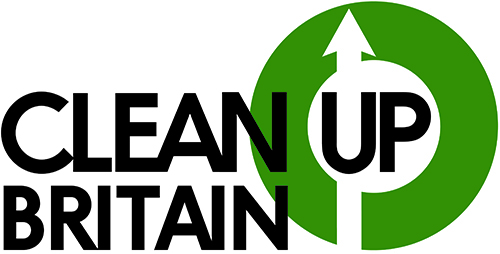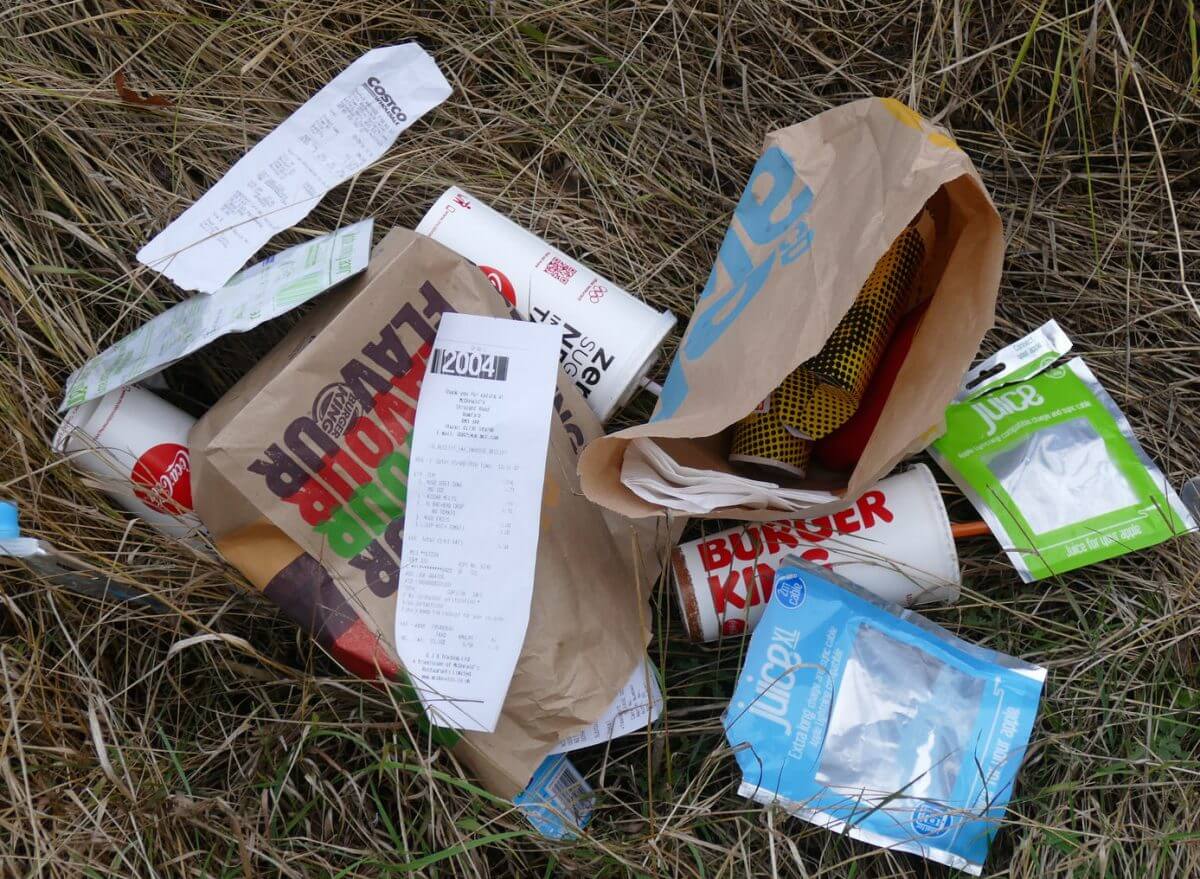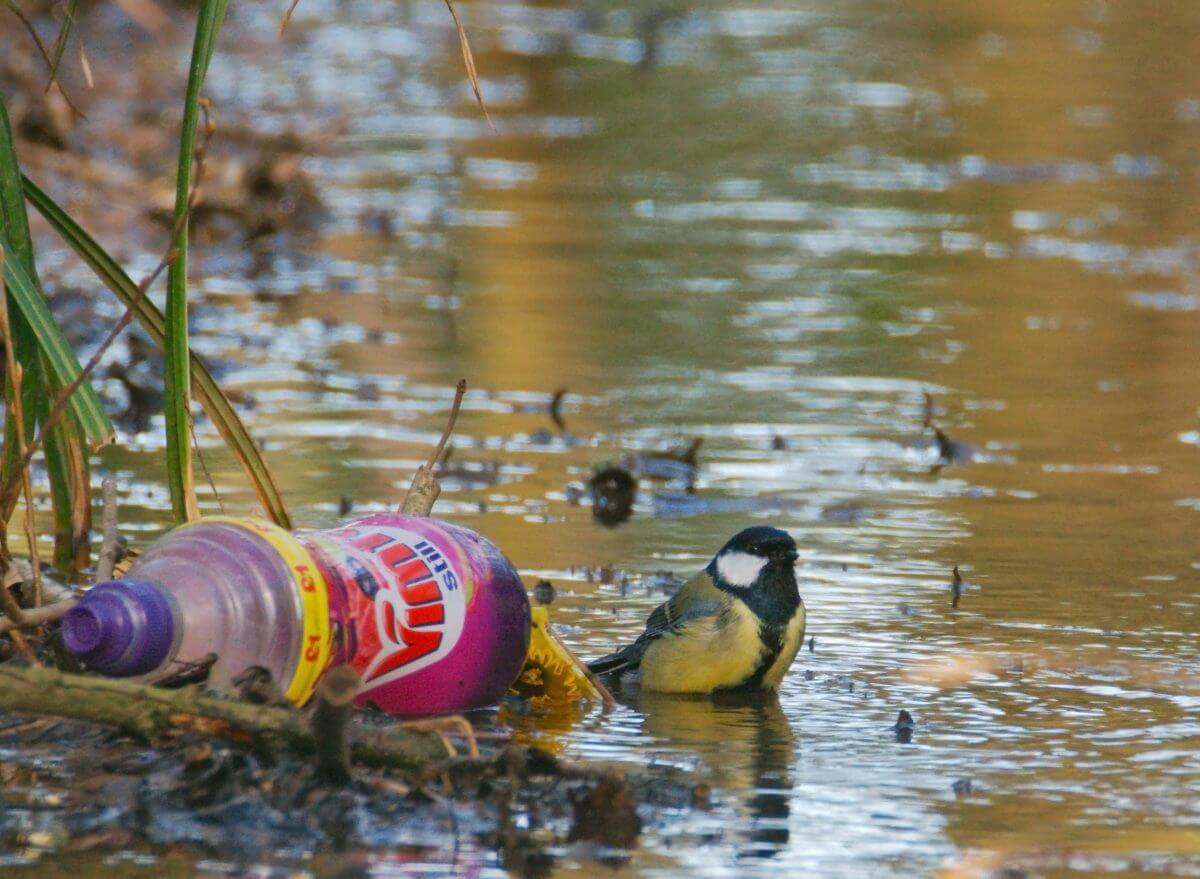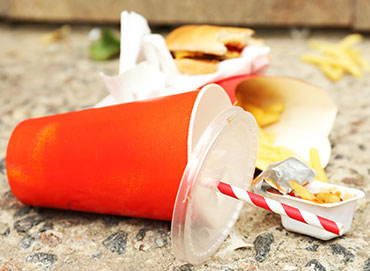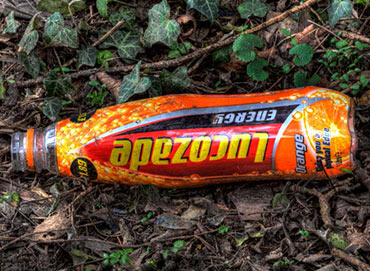Driving change is only something we can do with the help and support of people like you. Any action you take to raise awareness and help tackle the issue is valuable. Who knows, you might even become a fully obsessed litter activist!
Below we’ve listed some ways you can help and get involved. Drop us a line and let us know how you get on – we’d love to hear from you.
Simply pick up a bit of litter every day*
When people see you doing it, stand proud and keep going. What you’re doing is helping to create a new social norm. Research shows that if people see others picking up litter they are less likely to drop it themselves (and may even start picking it up).
Make a stand on social media
Like us on Facebook and share posts which you feel strongly about.
Follow and share on Twitter: @cleanupbritain
Download Littergram and help us build a litter map of Britain. If you can, post to social media to drive even more awareness of the problem.
Talk about the issue with your friends, family, local school or community group
Raising awareness is a great way to start influencing change. Check out our hideous litter stats blog post which should give you plenty to discuss……!
Join or start a local litter pick
There’s information and support at http://www.litteraction.org.uk where you’ll find everything you need to know and connect with existing groups in your area.
Here you can also quickly learn about how to use a Litter Abatement Order to force local litter hotspots to be addressed. Really powerful stuff.
Start a dialogue with the council
If litter starts to build up things will only get worse. It’s well known that clean, well loved spaces are more likely to stay that way. The reverse is also true. Encouraging your local council to maintain clean spaces helps get the battle won. Littergram can help you with this! Don’t give up!
And if you’re really bonkers ask us about www.cleanuphitchin.co.uk – a community project run by a member of the Clean Up Britain team….
Finally, keep checking back on the Clean Up Britain website as we’re currently developing some fun, easy-to-deliver content for use in schools.
*It goes without saying that your health and safety is top priority so be careful of anything sharp, particularly dirty or otherwise grim which might pose a hazard to your health.
